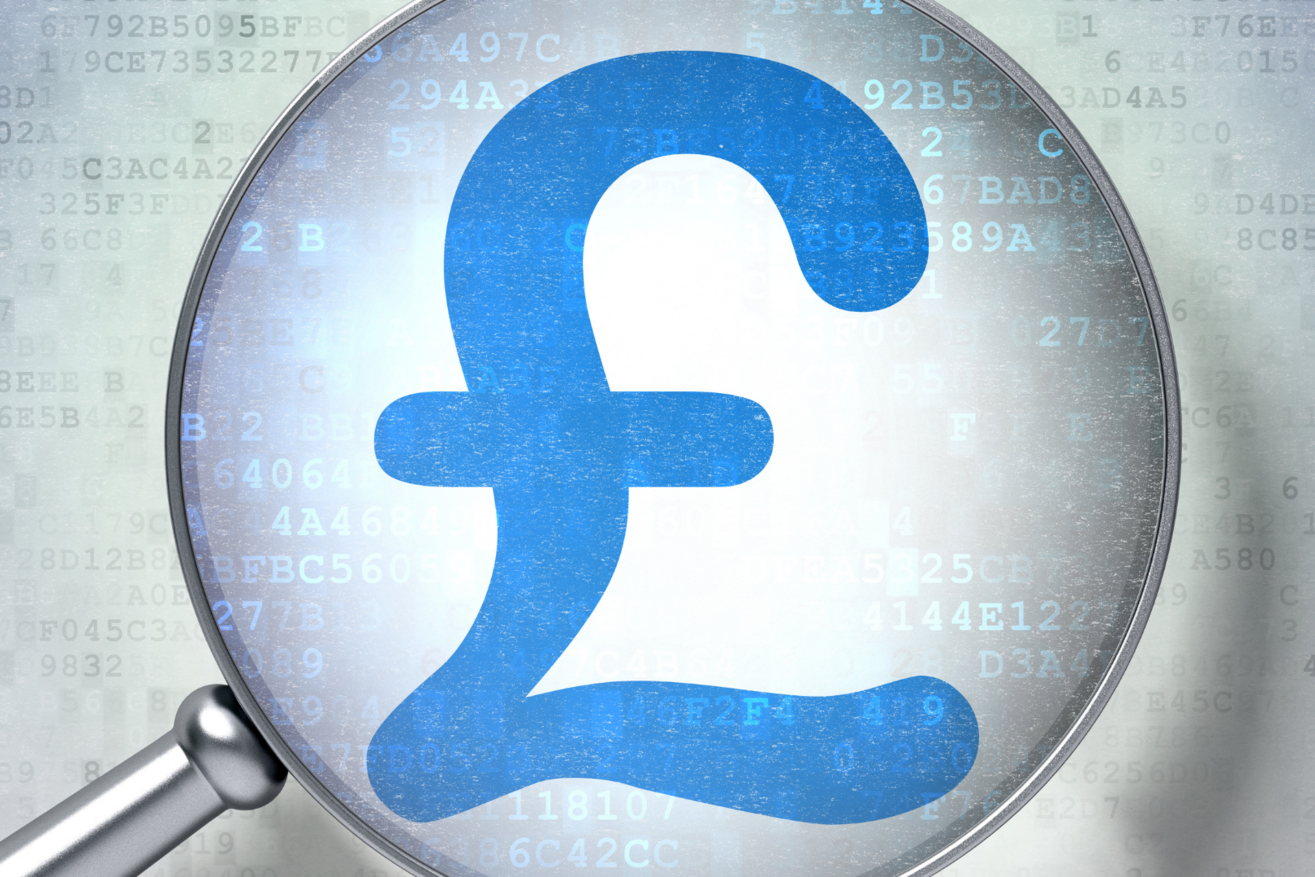The digital pound: will we need it?

Richard Plaistowe, Principal, Financial Services on proposals for a Central Bank Digital Currency, the so-called ‘digital pound’, and the potential impact should it be introduced later this decade.
The Bahamas is home not only to magnificent sandy beaches but also to the sand dollar, which when it launched in October 2020 became the world’s first Central Bank Digital Currency (CBDC). But despite being a digital currency, it most certainly should not be mistaken for cryptocurrency.
While cryptocurrencies are not managed by any central authority and their value can fluctuate – sometimes wildly – CBDCs have the same security as cash and are pegged to the value of the national currency. Over 100 countries are exploring CBDCs as central banks have come to appreciate that digital currencies are here to stay and will play a part in shaping the future of money.
However, only 11 countries so far have launched digital currencies and the results to date have been mixed. The Bahamas was a pioneer for reasons of resilience and inclusion: natural disasters such as 2019’s category five hurricane Dorian can cause massive disruption, preventing people from accessing cash from bank branches, and around a fifth of the country’s population (predominantly those on remote islands which are devoid of bank branches) do not have bank accounts in any case.
As this interesting piece on the sand dollar finds, there are still some big hurdles to overcome, notably public confusion over what a digital currency is and how safe it is, and a lack of uptake among businesses. Yet one bar owner who does accept sand dollars was enthusiastic because purchases made using the digital currency do not incur any fees, unlike the charges made for credit card transactions.
But let’s tear ourselves away from the Caribbean idyll and explore what’s happening in the UK. In February, the Bank of England and HM Treasury issued a consultation paper The digital pound: A new form of money for households and businesses? The question mark in the title is telling as no decision has yet been made as to whether the UK will press ahead with a CBDC, although the chances of this not happening before the end of the decade seem slight. If you would like to have your say, responses to the consultation are open until 7 June 2023.
The consultation paper explains that “a significant factor in determining whether the digital pound is needed will be how the payments landscape evolves in coming years, both in the UK and abroad. In particular, whether new forms of privately-issued digital money emerge and how they interact with existing forms of money and payments. International developments in the provision of CBDCs by other countries, and their potential to affect the UK domestically and as a global leader in finance, will also be important.”
A close eye is being kept on trends and developments. What is clear is that the huge decline in making payments using physical cash in favour of using cards, coupled with the rise in usage of smartphones and digital wallets, while undoubtedly convenient, presents some big challenges from a government and central bank perspective.
Assuming current trends continue, as they surely will, the public’s access to and use of central bank money will diminish. This could, notes the consultation paper, lead to fragmentation of the monetary system, “posing a risk to monetary and financial stability.” A good argument for a digital pound. Moreover, there are also concerns that without the emergence of a digital pound, the money issuance technologies market could end up dominated by a handful of powerful private sector firms.
Yet it will be necessary to tread carefully going forward. Some people are fearful that CBDCs have the scope to become a form of government surveillance or control. Florida Governor Ron DeSantis recently signed a bill banning the use of CBDCs in the state, lambasting them as “Big Brother’s digital dollar.” Arguments around the digital pound may also become politicised as its advent draws closer.
When it does arrive it will be in partnership with the private sector, as Sir John Cunliffe, Deputy Governor, Financial Stability at the Bank of England, addressed in a speech he gave in February. “Private sector firms – which could be banks or approved non-bank firms – would provide the interface between the Bank’s central infrastructure and users by offering wallets and payment services. These private companies would be able to integrate the digital pound, as the settlement asset, into the services they would offer to wallet holders.”
So, there you have it. Or rather you don’t yet…unlike some of those buying drinks in the Bahamas.






